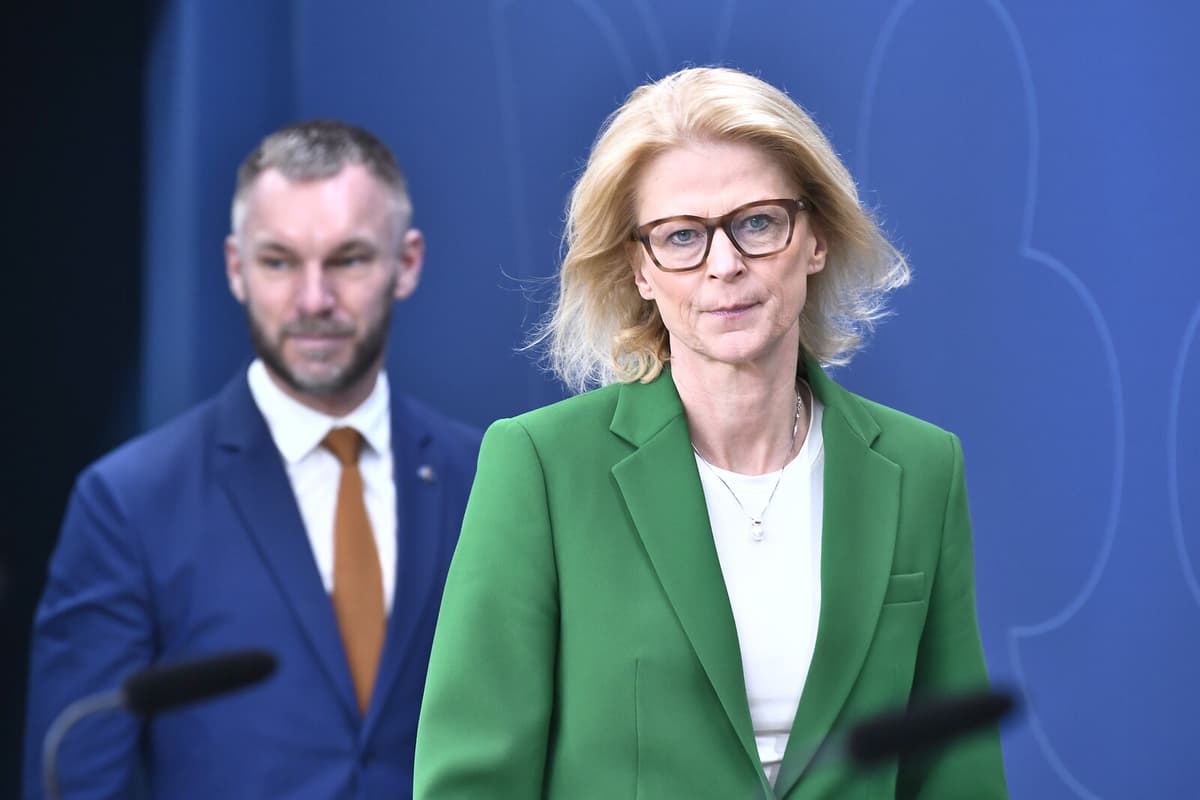One must not raise taxes as the first reaction to solving a problem, says Finance Minister Elisabeth Svantesson (The Moderate Party).
Therefore, the government is now appointing an investigation that will propose measures to counteract the increase in taxes in municipalities and regions. In addition, the government wants to introduce some form of reward for municipalities that lower taxes.
Previously, there have been systems that mean municipalities that raise taxes receive lower government grants.
Tough times
Many municipalities and regions are struggling with tough economies and demographic challenges with many more elderly people are ahead.
Today, the state's contributions to the municipal sector amount to around 220 billion kronor.
We will support the welfare system, but I expect that if one is to have more grants, one must also be able to show that one is working hard to make improvements, says Elisabeth Svantesson.
A requirement from the government's side is that schools, healthcare, and other core activities must not be affected by the changes.
No automatism
Over the past 25 years, municipal taxes have increased by an average of 2.38 kronor. The largest increases have occurred in commuter municipalities.
It is important for the government that national tax cuts are not countered by municipalities raising taxes, says Minister for Civil Affairs Erik Slottner (KD).
It is also important that the demographic changes we are currently experiencing do not automatically lead to tax increases in Municipal Sweden.
The investigator will be Annika Wallenskog, former chief economist at the Swedish Association of Local Authorities and Regions (SKR). She will present proposals for a tax brake and premium in February next year.






